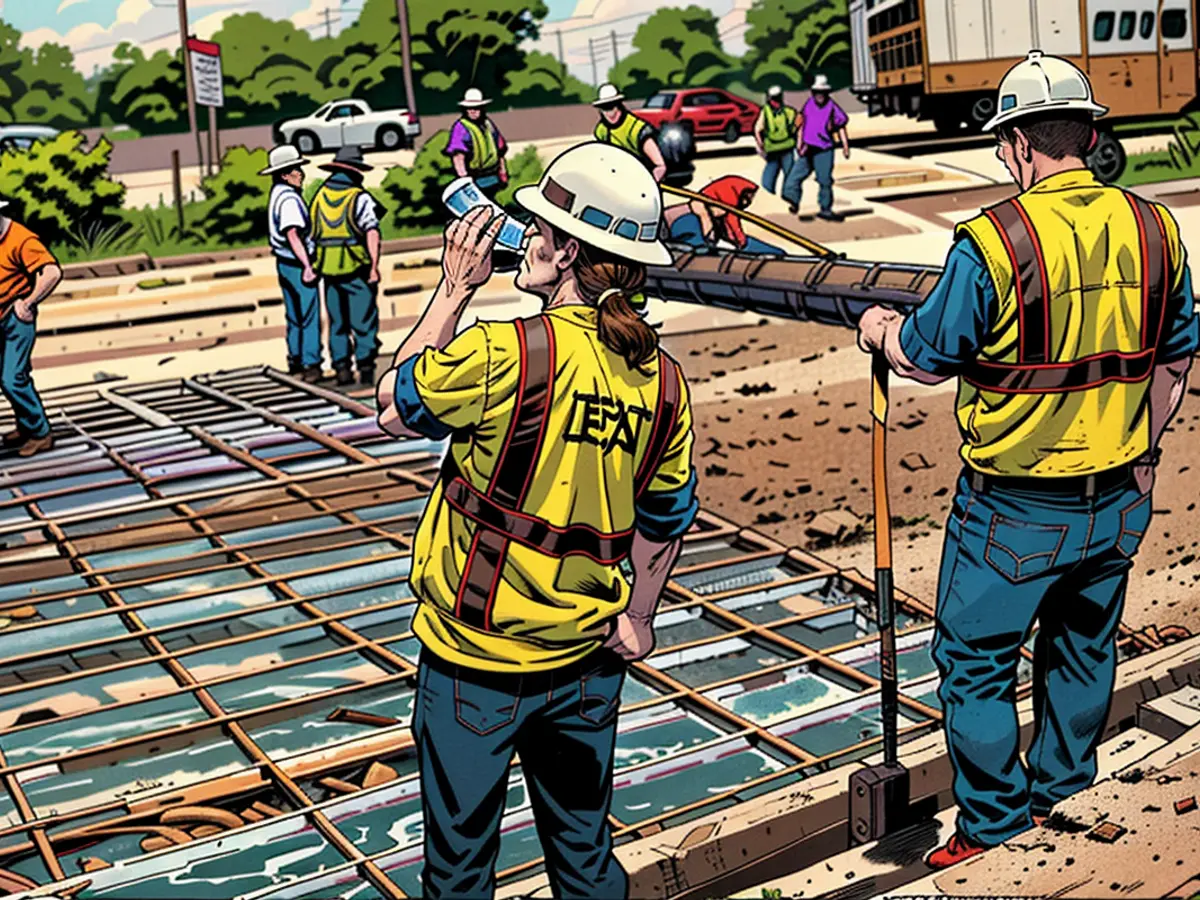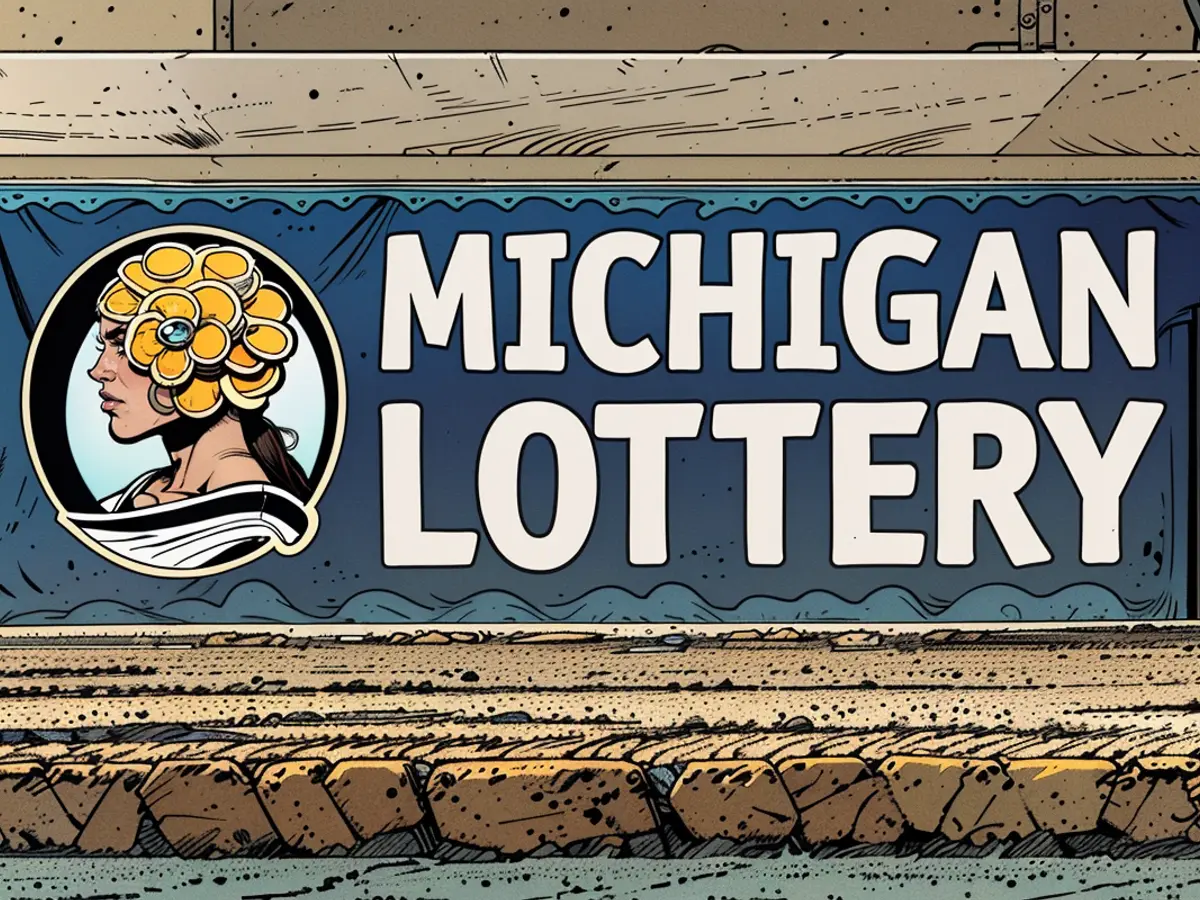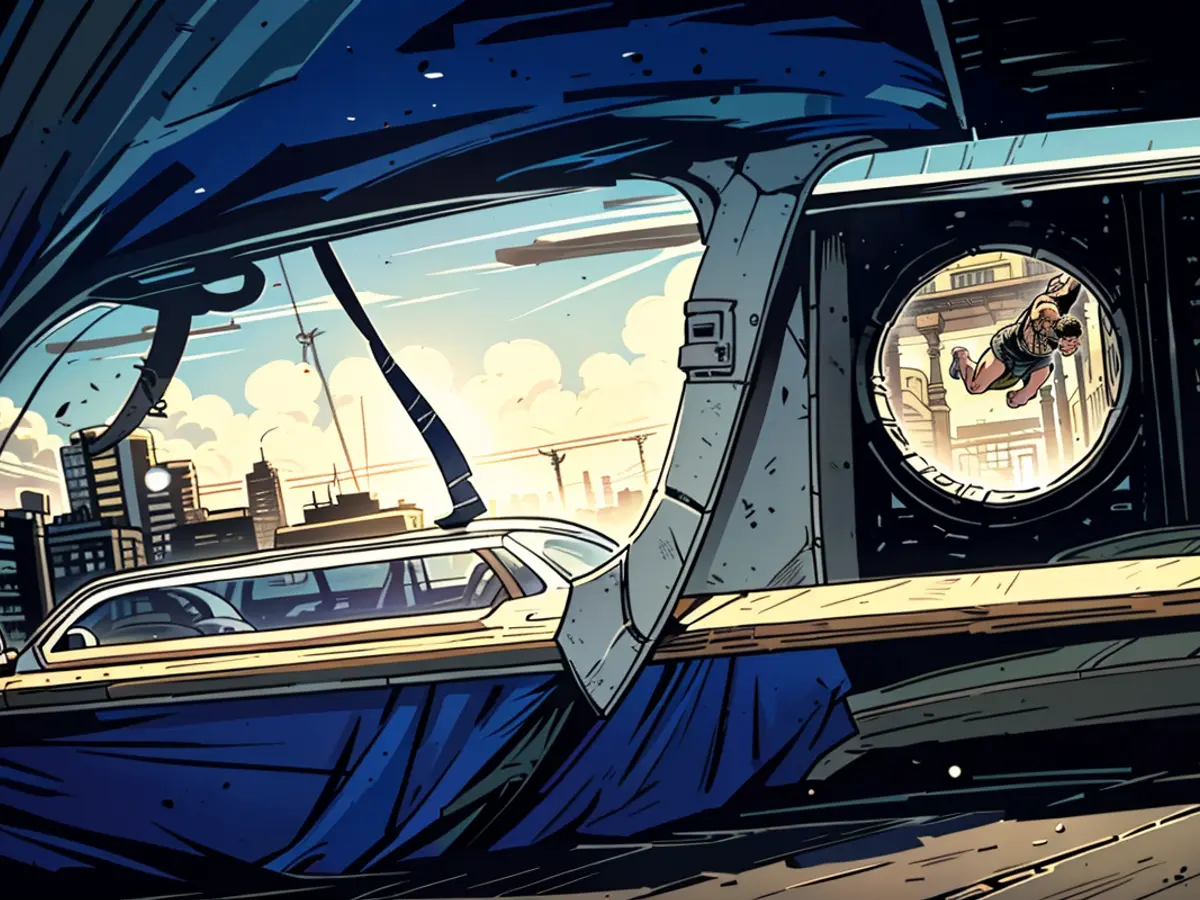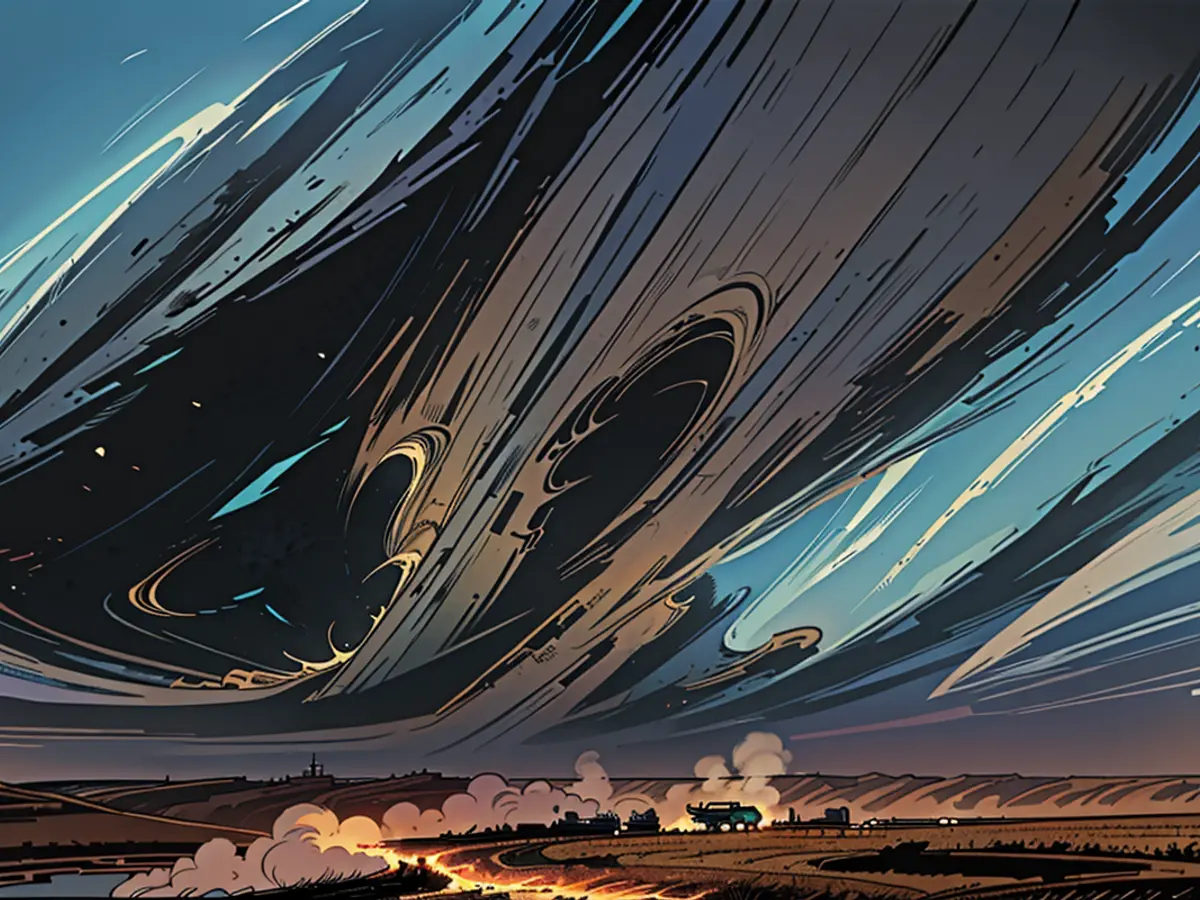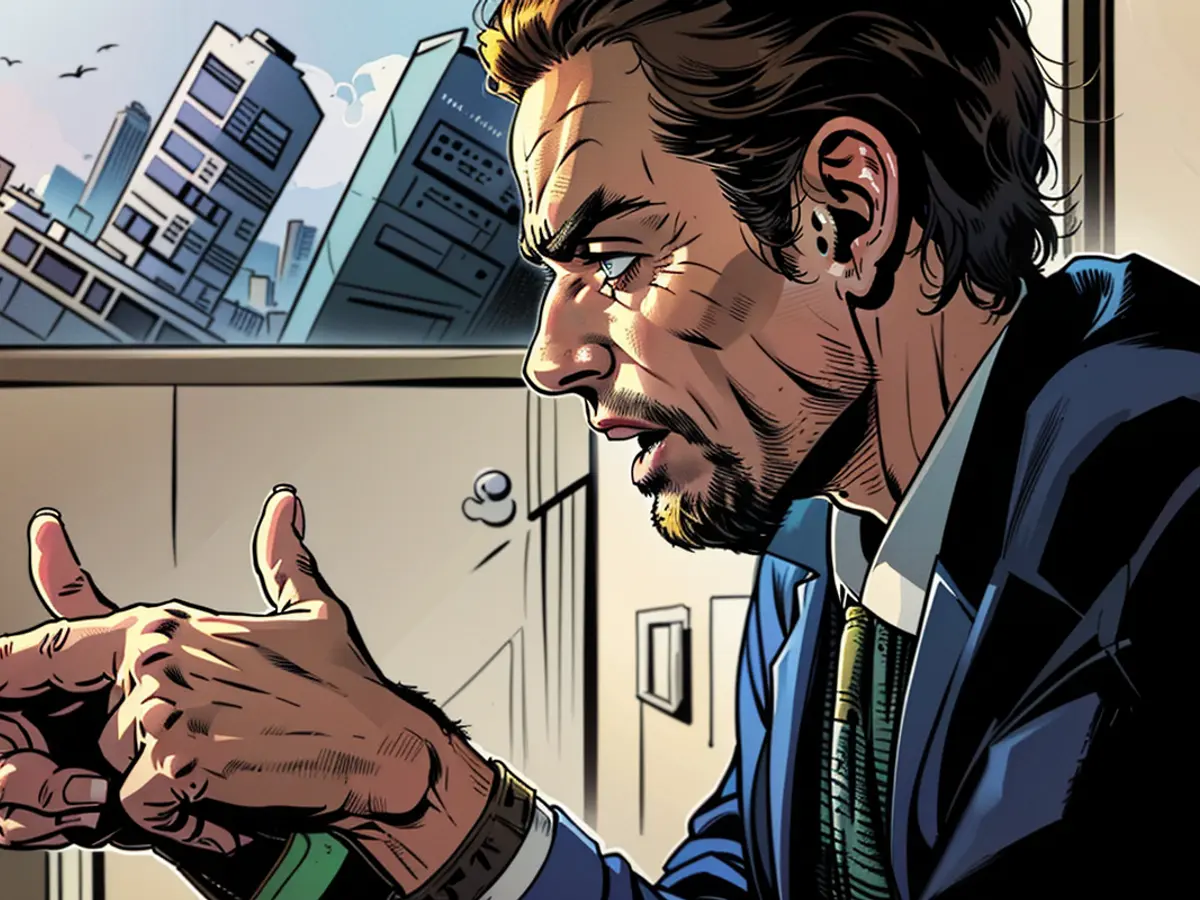Lack of worker heat protections despite rising temperatures leave patchwork of guidelines, put workers in danger
In 2018, Wood, the policy director at Florida-based worker advocacy group WeCount!, learned about the case of Jose Delgado, who passed out near the end of a workday without anyone around to help him. It’s unclear how long Delgado was down but he was fortunate to have been found by co-workers, who called emergency services. Delgado, Wood says, continues to suffer from kidney damage.
Delgado, who is a long-standing member of WeCount!, helped inspire Wood and others to create the “¡Que Calor!” (“How Hot!”) campaign to have employers grant farmworkers breaks during intense heat through education, outreach and workshops.
While cities across the country have passed rules to help workers like Delgado, Wood says there is a big roadblock: state lawmakers. Various states, including highly humid Florida and Texas, have passed laws prohibiting cities and counties from enforcing heat protection rules for workers and businesses, with activists saying the health and safety of thousands of outdoor workers are at stake. Such outdoor workers include lifeguards, transportation employees, ironworkers, agricultural workers and letter carriers.
Florida’s House Bill 433 went into effect in July, prohibiting local governments from mandating businesses provide heat protections for outdoor workers such as water breaks and shade. And in 2023, Texas enacted House Bill 2127, a similar piece of legislation restricting local municipalities from adopting any ordinances, orders or rules not already authorized in state law under the agriculture, business and commerce, finance, insurance, labor, local government, natural resources, occupations code and property codes.
The reasoning is, “job creators need a baseline of regulatory consistency across the state that allows them to focus their resources on growing their businesses and increasing their economic impact to the betterment of their employees, their communities, and the state, rather than dealing with unnecessary regulatory compliance,” the bill states.
Texas Gov. Greg Abbott and Florida Gov. Rob DeSantis did not respond to CNN’s requests for comment.
Ana Gonzalez, director of organizing and advocacy for AFL-CIO, said workers’ lives are in danger, especially as climate change jacks up temperatures.
“Not being able to take a break and drink water causes people to die,” she said.
A patchwork of policies
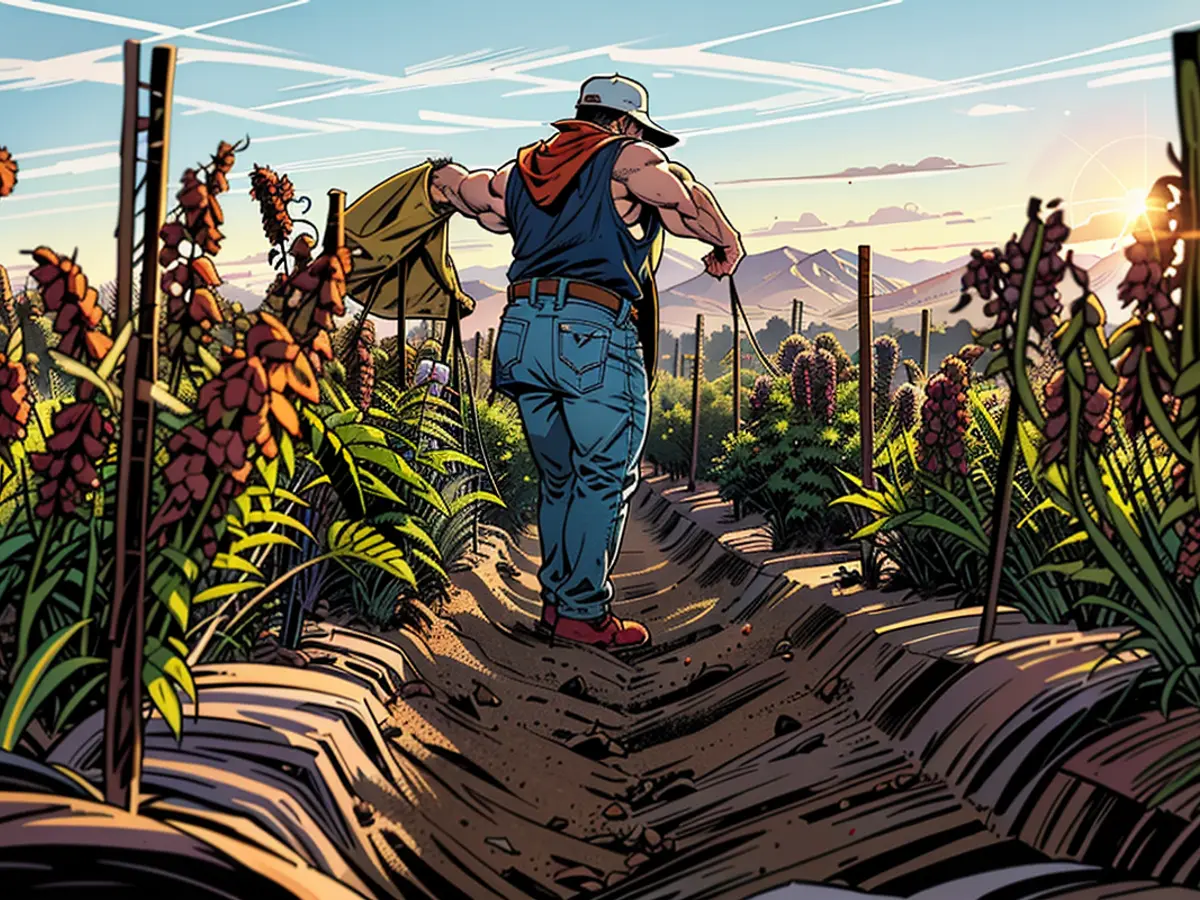
Part of the problem is a lack of consistency among local, state and federal laws and rules.
States like California, Colorado, Minnesota and Washington, have some heat protections for workers but they are not uniform or sweeping. For example, Minnesota’s protections only apply to indoor workers while California’s heat protections include both indoor and outdoor workers.
Texas cities like Houston, San Antonio and El Paso sued the state in 2023 to stop House Bill 2127, referred to as the “Death Star” bill. The lawsuit argued the law was vague and impeded “home rule,” which is the power local municipalities have to self-govern, explained Collyn Peddie, Houston’s city solicitor general.
A Travis County judge ruled the law violated the Texas constitution and is therefore unenforceable. But because Texas appealed the ruling, the state law is still in effect in the interim.
Peddie said because the law was deemed unenforceable, local municipalities with heat protections are still able to require businesses to comply. Should a private entity or the state try to sue the local municipality, Peddie explained, the local municipality would argue the state law is unconstitutional and unenforceable.
“The core of the problem is that the United States does not have a national heat safety standard for workers, indoor or outdoor,” said Brian Renfroe, the president of the National Letter Carriers Association.
Outside workers are 35 times more likely to die from heat exposure than the general public, according to the Union of Concerned Scientists.
In 2023, a postal worker of almost 40 years, Eugene Gates Jr., died while delivering mail during an extreme heat wave in Texas. He is not the first to die. At least five other postal workers have died since 2015. Between 2015 and 2021, approximately 500 to 600 letter carriers have reported heat-related injuries, according to the Department of Labor.
In July, the Department of Labor and the Biden administration proposed a rule to safeguard indoor and outdoor workers from extreme heat, although the rule could take years to go into effect. The letter carriers association is now working with the federal government to help fine tune protections, although Renfroe said the current program at the US Postal Service still is not enough.
The US Postal Service did not respond to CNN’s request for comment.
Profit over people
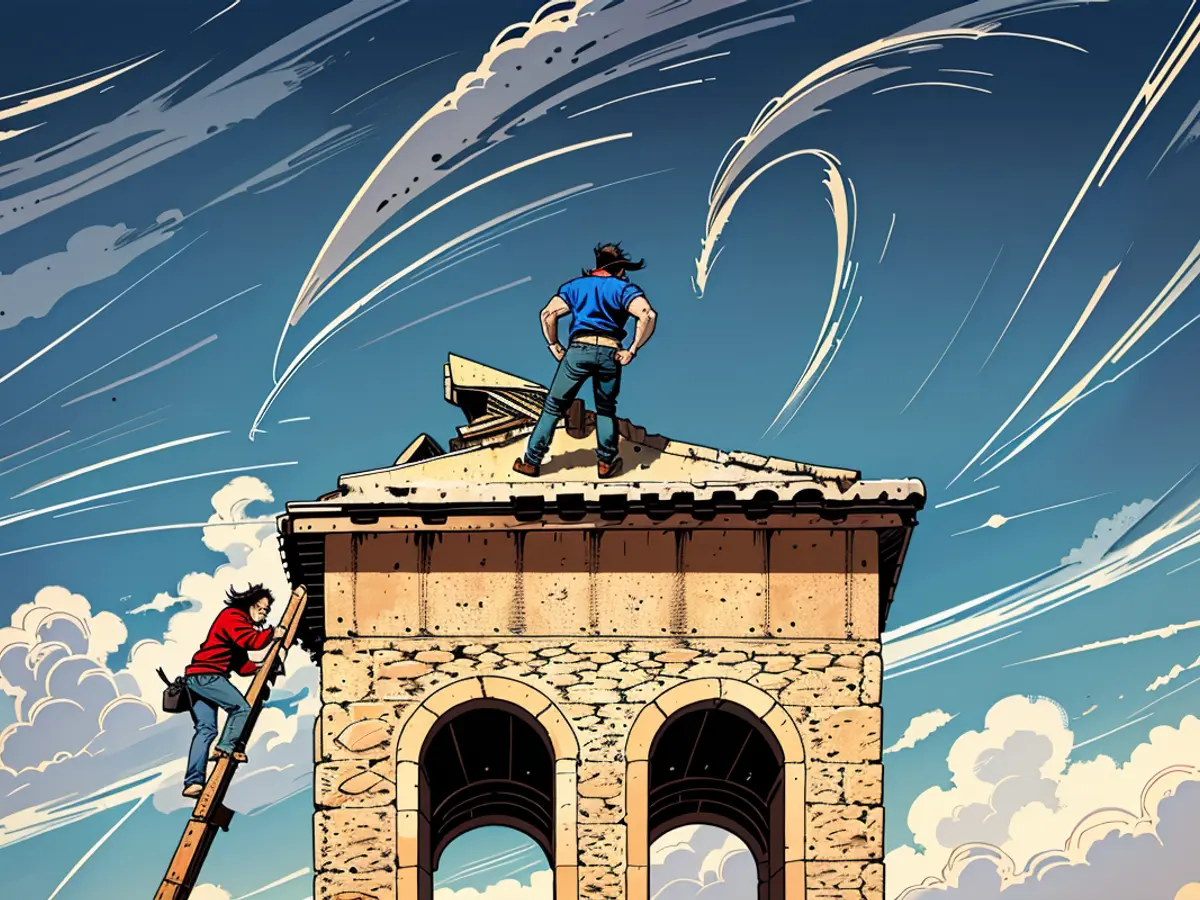
And the problem is not simply the heat. Moneymaking incentives involved in outdoor work has played a big part.
The government must implement wage protections alongside heat protections, said Dr. Kristina Dahl, a principal climate scientist at the Union of Concerned Scientists. Some agricultural workers are compensated on a piece-rate basis, which means resting for health reasons results in lost income, creating a perverse incentive to continue working despite the risks, she said.
Minor heat exposure symptoms, such as headaches or fatigue, may seem trivial, but still pose significant risks in work environments, Dahl said.
“If I’m just working in my garden outdoors and I start to feel dizzy, it’s not a big deal,” Dahl said. “But if I’m a roofer, and I’m on the roof of a house in extreme heat, and I get dizzy, the potential for injuries increases dramatically.”
Veronica Carrasco, a Honduran subcontractor living in Dallas, is another person affected by the lack of heat protections.
Carrasco said getting rest breaks on the job is “still almost impossible.”
Working a physically demanding job in Texas heat and not always being able to take water and rest breaks puts her at risk for heat sickness or worse, she told CNN in an interview conducted in and translated from Spanish. Carrasco says she is the primary breadwinner for her family, with one child in the United States and another in Honduras, so she felt obligated to speak out.
“When a worker typically asks for a rest break in construction, they tell us to keep working, that we need to get the job done. Because (if we don’t get the job done), then we won’t get paid what we were promised since we weren’t working our full schedule,” said Carrasco.
Carrasco wants elected officials and the Occupational Safety and Health Administration to continue working with employers, contractors and subcontractors to find the best practices to protect outdoor workers from extreme heat.
“No one in construction is surprised at the risk of being fired before being allowed rest breaks. So what do we do? We take it. We put up with the extreme heat,” Carrasco said.
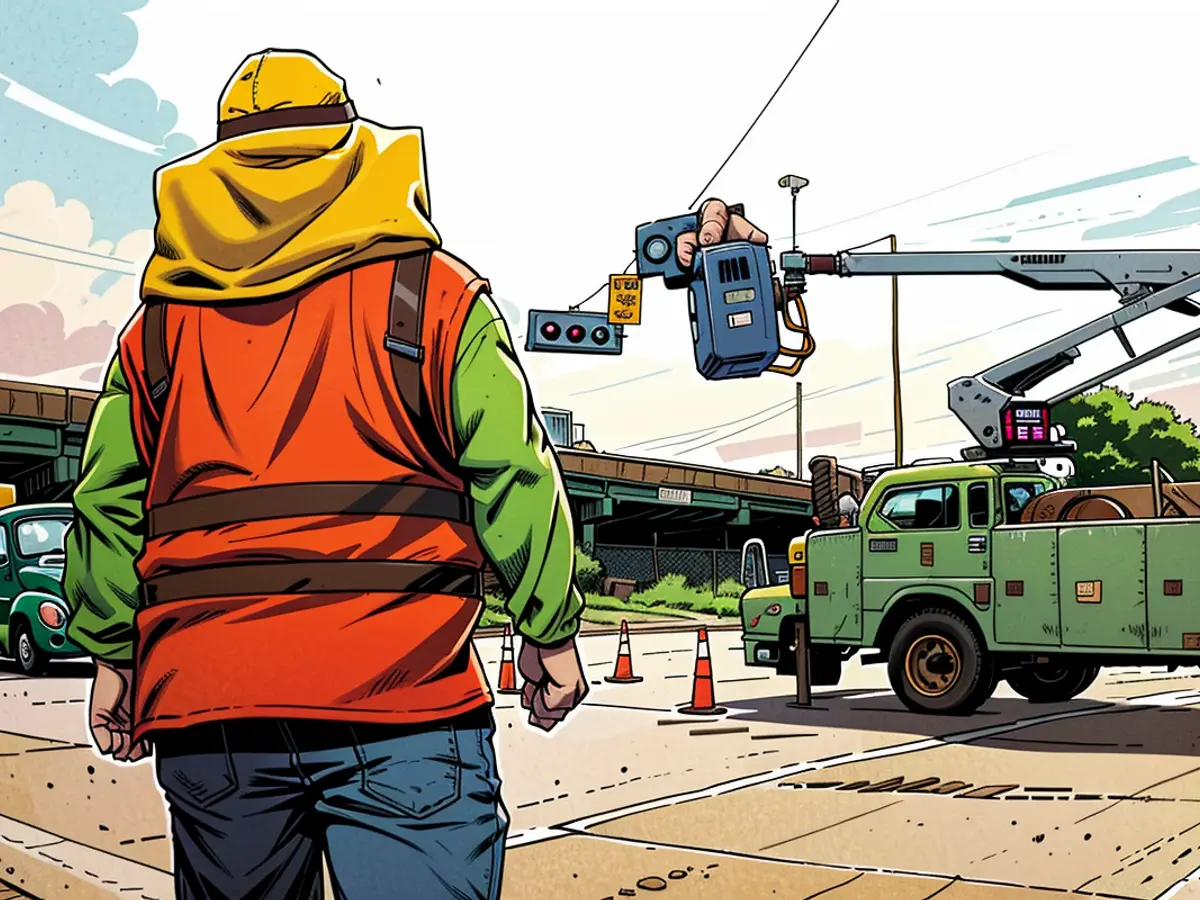
Businesses in Florida and Texas have been restricted from providing heat protections for outdoor workers, such as water breaks and shade, due to House Bill 433 in Florida and House Bill 2127 in Texas. These laws, which went into effect in 2023 for Texas and July 2018 for Florida, argue that job creators need a consistent regulatory environment to focus on growing their businesses and positively impacting their employees and communities.
Despite local laws and rulings that have shown these state laws to be unenforceable or unconstitutional, many outdoor workers, including agricultural workers and transportation employees, continue to lack heat protections. This puts their health and safety at risk, with outside workers being 35 times more likely to die from heat exposure than the general public, according to the Union of Concerned Scientists.
